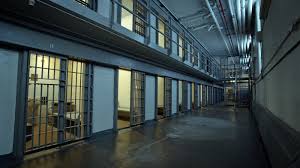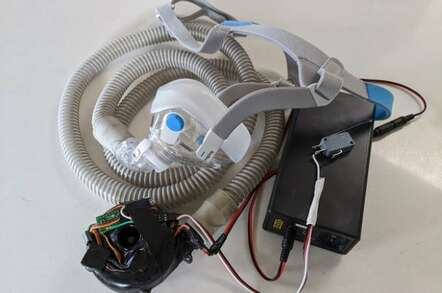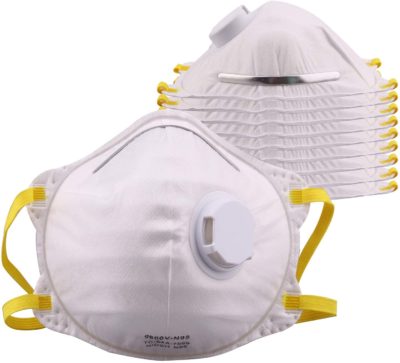
Courtesy NPR/Getty Images
LATE BREAKING NEWS: The Cuomo administration has agreed to remove the ‘significant mental illness’ disqualifier and review all parolees who were previously disqualified to confirm whether any of them now qualify for release.” The question now is: where will they go?
(4-23-20) Many jails across our country are releasing prisoners vulnerable to Covid-19, but New York Gov. Andrew Cuomo’s administration has decided not to extend that mercy to inmates with “significant mental illness.”
The governor announced several weeks ago that he would begin freeing prisoners who were in jail because of “technical parole violations.” Technical violations are instances where a parolee fails to follow the rules of his/her release, such as maintaining employment, paying court fees, and showing up for appointments with parole officers.
The seriously mentally ill often have trouble following such rules, violate their parole, and end up back in jail.
The state has added the seriously mentally ill to a no early release list with inmates convicted of sex crimes, domestic violence, violent crimes involving weapons, and homeless prisoners who don’t have an “existing” residence.
Jennifer J. Parish, Director of Criminal Justice Advocacy at the Urban Center, a civil rights advocacy nonprofit based in New York City, called the administration’s actions “blatant discrimination,” and noted: “This exclusion of people with serious mental health concerns is just the latest example of New York incarcerating people with mental health challenges instead of providing for their needs in the community.”
New York already is being sued for keeping seriously mentally ill prisoners in jails and prisons after they have completed their sentences.
That’s right – after they’ve done their time they remain incarcerated because there are no programs for them if they were released. No shelter, no evidence based recovery efforts.
The state justifies its actions by claiming the seriously mentally ill continue to be a danger to themselves and others. So instead of providing services to help those who are sick, the state is punishing them for being ill.






